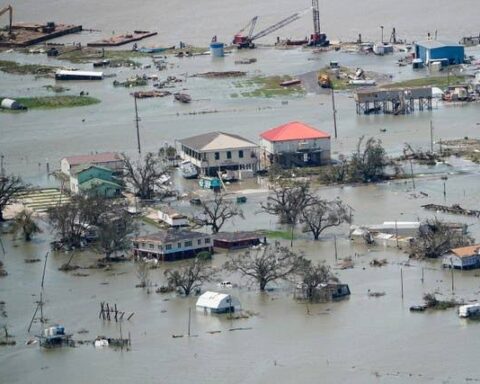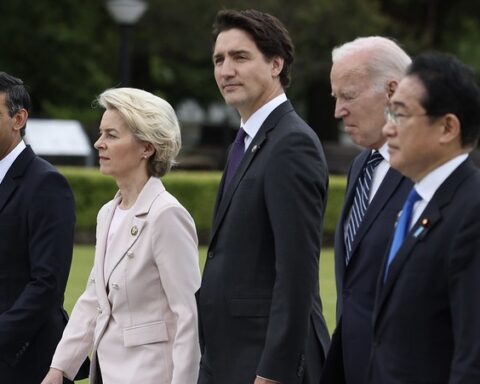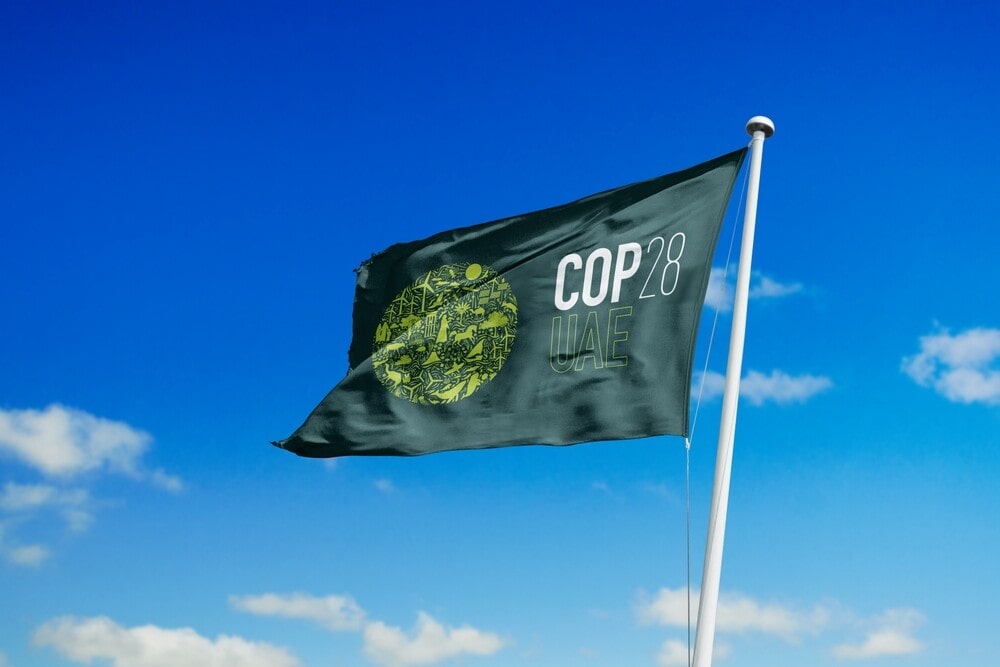The 28th session of the Conference of Parties (COP28) is imminently upon us. Leaders around the world, including those of Africa, will converge on Dubai (United Arab Emirates) in November, to, among other things, discuss and negotiate the future of our planet.
This is coming on the heel of the just concluded inaugural African climate submit held in Kenya between 4-6 September, where a lot of discussions were centered around “Energy Transition”, and “Climate Finance”.
Africa has had to endure untold consequences of climate change, despite, contributing marginally to the global emissions. Different episodes of deadly natural disasters have been witnessed on the continent.
The recent, being the deadly flood that claimed thousands of lives and displaced millions of people in Libya. In 2021, about two-third of Nigeria was submerged, no, thanks to a devastating flood, leaving behind scores of lifeless bodies.
Over two million people were displaced and about six hundred thousand hectares of farm land were destroyed, thereby exacerbating the problem of food insecurity.
Africa is home to some of the world’s largest tropical forests, which offer several ecological, and socio-economic benefits. These forests capture carbon, purify water and air, and provide various sources of income and food security for communities.
The recent increase in drought followed by desert encroachment poses a significant threat to the continent, and the wellbeing of the stakeholders and trillions of carbon stored in them.
Indeed, how Africa emerges from the ongoing disasters will play a major role in shaping its future in several areas, including its transition to clean energy, efforts to reduce carbon emissions, and implementation of afforestation strategies.
Climate change and the disasters arising from it are diminishing traditional sources of energy, thereby contributing further to Africa’s already limited access to energy.
Developing effective afforestation strategies and sustainable forest management would be a crucial step for Africa. Afforestation strategies can help conserve existing forests, enhance carbon sinks to mitigate climate change, and prevent natural disasters like flooding and soil erosion in watersheds.
The continent’s shift to cleaner sources of energy, such as solar, wind, and hydropower, is critical to achieving its development goals while reducing greenhouse gas emissions.
How Africa deftly manages and leverages COP 28 will be pivotal towards this shift.
For this to happen, It will require, however, a major ramp-up in the scale and quality of investments. Pushing for a robust Climate Finance, through the Green Climate Fund, and other financing mechanisms is one area African representatives at this year’s COP must focus their attention.
Additionally, African countries can negotiate for the establishment of a Climate Justice Fund that will enable them access additional funding for climate adaptation and restoration purposes.
African countries can also use COP 28 to highlight the importance of nature-based solutions in addressing climate change.
Nature-based solutions such as reforestation, afforestation, and regenerative agriculture are cost-effective and have multiple benefits for biodiversity, climate, and human well-being.
These solutions should be prioritized in the post-pandemic economic recovery plans, as they will create green jobs and contribute to sustainable development.
Moreover, African countries can push for technology transfer and capacity-building support to enable them to implement restoration projects effectively.
The transfer of technology and knowledge will help African countries to develop climate-resilient economies, and build institutional capacity to tackle climate change challenges.
Finally, African countries can use COP 28 to advocate for the inclusion of indigenous and local communities in restoration efforts. These communities have traditional ecological knowledge and practices that can be harnessed to support restoration initiatives.
Engaging these communities will ensure that restoration efforts are sustainable and equitable, and that benefits accrue to those most affected by climate change.
Having said that, COP 28 provides a strategic opportunity for Africa to advance its climate change objectives and restoration agenda.
By Olushola Oladapo Owojaiye.
He can be reached via 08033489260, or owojaiye1@gmail.com.








